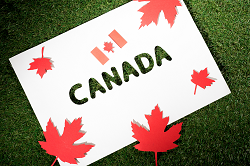SUBSCRIBE AS-SEERAH
Recent posts
-
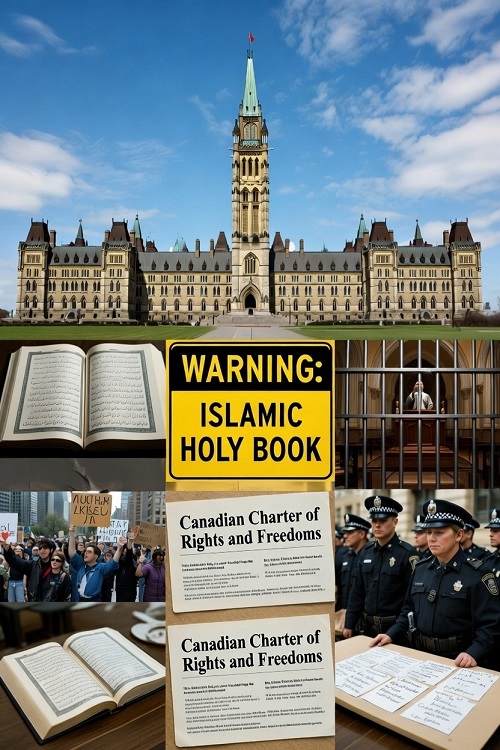
Talking Points Bill C-9: Dangers of Bill C-9 to Religious and Faith Groups Particularly the Islamic Community
10 January 2026 -
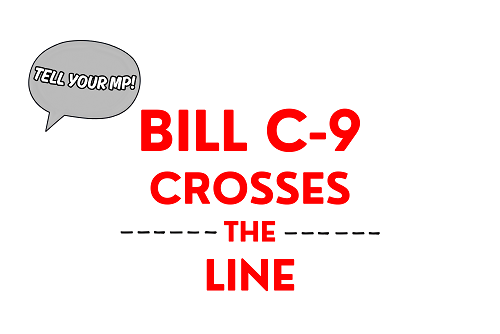
Withdraw Bill C-9 in its Entirety! Canadian Muslim Organizations Stood Firm
10 December 2025 -
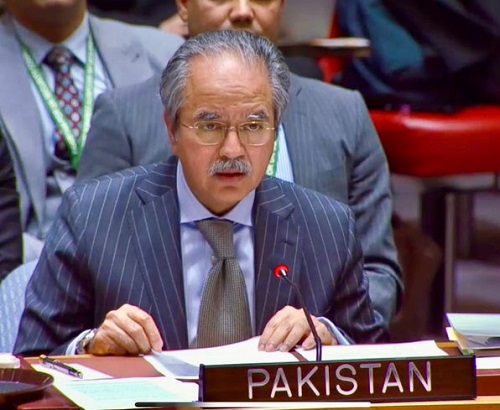
Pakistan and Israel: Has the Policy Really Been Reversed? (Part 2)
29 November 2025 -
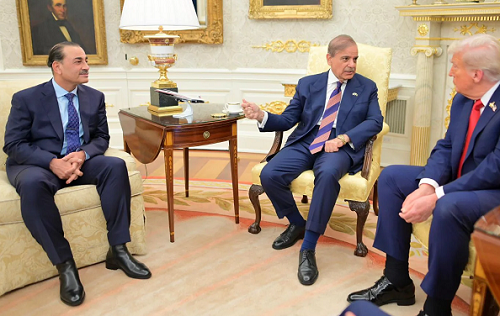
Pakistan–Israel: Has the Policy Really Reversed? (1)
20 November 2025 -

Constitutional Safeguard for Military Dictatorship (Part 2)
18 November 2025 -
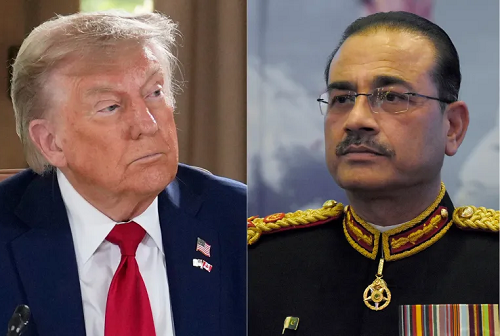
Constitutional Safeguard for Military Dictatorship in Pakistan (1)
15 November 2025

